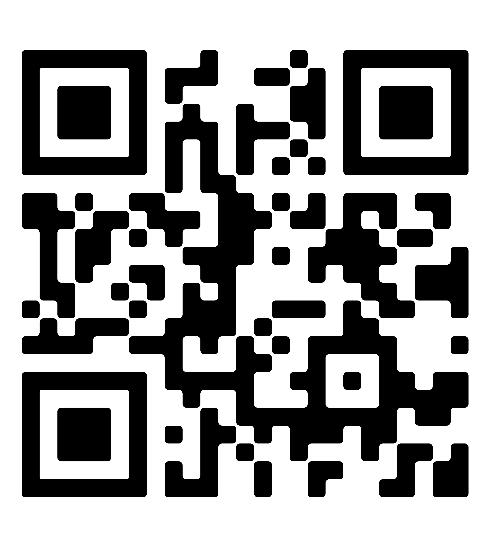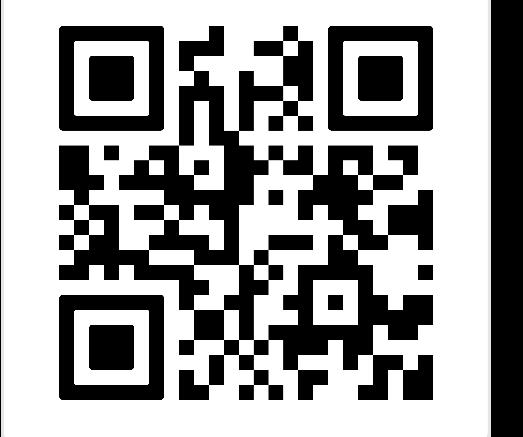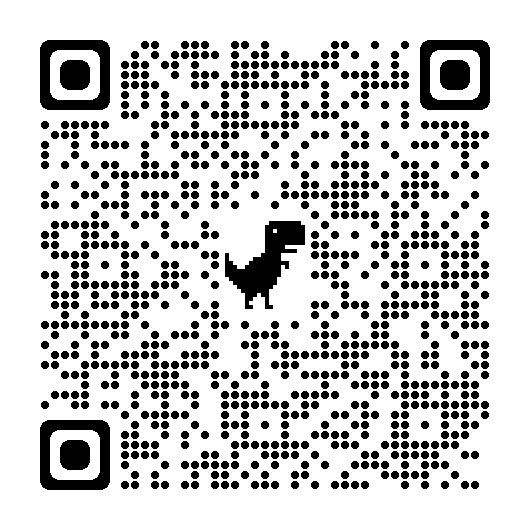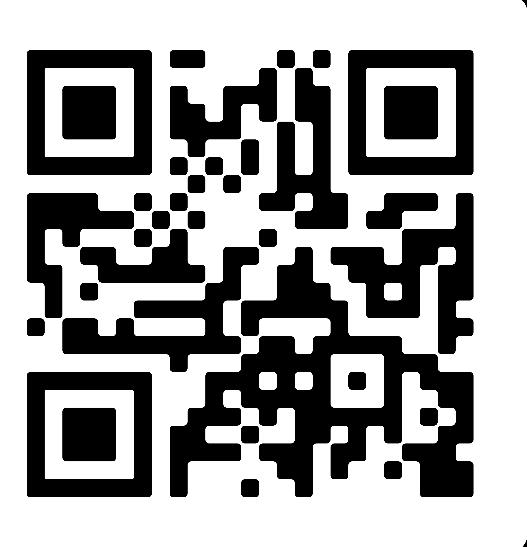
9 minute read
SU Senate Town Hall event discusses safety plans in the wake of Michigan State University shooting
campus, including specifics on WUPD officer training and the University’s emergency response systems.
expect coming in here that you guys were going to walk away and be like, ‘I love the police.’ That’s not what this is about. We have to prove ourselves every day to you.” building trust between police and students in the community through measures such as police training programs and meeting with students to have casual conversations.
Advertisement
Chancellor Andrew Martin made his most recent public comments on fossil fuel divestment in March 2020. He confirmed that the University’s endowment has “limited exposure to non-renewable resources and high carbon emission sub-sectors,” which include auto/air transportation and certain industrials/capital goods.
Martin explained that the University maintains its investment in fossil fuels because leaders believe that the “best contribution to the advancement of the greater social good is through the financial support of the University’s mission.”
At the rally, speakers focused on the effects of fossil fuels on minority communities, reflecting Green Action’s newly adopted focus on environmental racism.
First-year Juliana Morera started off the rally with a speech that detailed the consequences that fossil fuels have on minority communities.
“Fracking, nuclear waste storage, and air pollution are part of a tradition of colonial genocide against Black, Indigenous, and Latine populations,” Morera said. “Here we are watching these corporations burn a planet with the knowledge that our college directly funds these industries that take human life.”
Morera listed Green Action’s demand for the University.
“We demand divestment from the fossil fuel industry,” Morera said. “No profiting from environmental degradation, no profiting from war.”
Sophomore Alex Herzig, a member of Green Action’s executive board, echoed the sentiment that investing in fossil fuels harms communities of color. They spoke about the environmental issues that they believe are caused, in part, by funding from universities like WashU.
Student Union (SU) Senate held a town hall, Feb. 27, about campus safety and mental health following the shooting at Michigan State University. Administrative members of the Washington University Police Department (WUPD), the Emergency Management team, and Student Affairs discussed policing and minority inclusivity on campus.
Attendees asked the panelists about the University’s plans should a school shooting take place on
SU Senators asked questions first before giving the roughly twenty students present at the public event a chance to ask questions to campus leadership which predominantly concerned students’ relationships with police and available mental health services.
Chief of WUPD Angela Coonce began by acknowledging the complex relationship between police and students.
“I don’t think I’m going to change anyone’s mind about WUPD,” Coonce said. “I didn’t
She said that it will take a long time to change the public perception of police officers on campus.
“What we’re instilling in [WUPD officers] is if you’re having a bad day as a police officer, you don’t get to go out and yell at a student about something stupid or treat them poorly because you had a bad night or you had a fight with a family member,” Coonce said.
“That’s not an option.”
Coonce added that she has been stressing the importance of
She said that WUPD doesn’t want students to refrain from calling them because they are afraid of the police.
“We have to work harder every day because of bad law enforcement officers around the world that have done horrible things,” Coonce said.
Both Coonce and Chet Hunter, Assistant Director of Emergency Management, encouraged students
SEE SAFETY, PAGE 2
“The majority of air pollution sources are placed purposefully in predominantly Black
Read the rest online:
SAFETY from page 1 to download and utilize the new WashU Safe App. Hunter said that the app allows students to silently notify the police department if they feel uncomfortable walking off -campus.
Hunter discussed the emergency notification system used by the University in the event of a mass shooting or another emergency incident. In a moment of crisis, the system allows students and WUPD to immediately communicate with one another.
“We should be able to save you, and you should be able to say to us [that] we didn’t miss a beat,” Hunter said.
The notification system includes a variety of notifications including emails, texts, announcements over the outdoor sound system, and messages that display on screens in classrooms.
Coonce also noted that WUPD would only use assault weapons in a mass shooting event or to otherwise match the firepower of a shooter.
“Almost every [shooter] has some type of assault rifle, and we have to be prepared for that,” she said.
One student asked about how the University planned to support mental health as it pertains to mass shootings.
“98% of school shooters are men,” a student attendee said. “What mental, emotional, and social support systems are currently in place or can be created, specifically for male students and male staff members, to give them the spaces to talk and release any of the emotional stress that they might be feeling in healthy ways and de-stigmatize mental health?”
Kirk Dougher, Associate Vice Chancellor for Student Support and Wellness, responded that the University is making the effort to allocate further mental health resources, while also shifting the primary objective of their services.
“The effort that we’re trying to make in Student Affairs, and especially with the health and wellness line, is to be able to move from attending to treatment … to prevention and promotion,” Dougher said.
Other students asked about the support systems that are in place at the University to help them process traumatic events that have taken place off-campus.
Vice Chancellor for Student Affairs, Anna Gonzalez, outlined the current triage system for interacting with students who have experienced traumatic events. She explained why the University generally does not release statements after traumatic events, but instead, sends personalized messages to the students whose ZIP codes show they are from the impacted area.
“We understand that other people are affected, but particularly for those [in the immediate]
University hosts book talk with Sarah Schulman
was focused on people with AIDS.
imagine that technology is going to provide some type of solution to the problem of mass incarceration or the problem of racist, biased, violent policing,” Alexander said. She said that advocates who initially pushed for this equipment did not realize that the technology can harm people of color.
“Who are these cameras filming really?” Alexander said. “These cameras now that many of us are begging officers to wear are filming everybody that [they] come into contact with all day long — so we basically argue that we should be under more surveillance; the police should be surveilling us all the time.” She further emphasized how the “evidence” that activists conceived to be helpful might backfire against the already victimized.
“Every time they come into contact with us, they should be recording it, and guess how often that video gets used in trials? Hardly ever,” Alexander said. “How often does it get used in trials and in plea bargaining against people who have been arrested for minor crap that nobody should be going to jail for? All the time.”
After the event, Yinka Faleti, former Democratic nominee for Missouri Secretary of State and a WashU Law alumnus, said he was also one of the people who advocated for the use of body cams and electronic monitoring systems by police.
“We all thought, myself included, this technology would help, but Alexander flipped it on its head,” Faleti said.
Faleti and Alexander both cited the for-profit business model of private prisons as a reason for why this technology was abused by those private prison companies.
Alexander also talked at length about policing, describing it as “organized and state-sponsored violence” that we as a society choose to call justice.
She characterized policing as something that leads to brutal and visceral experiences for minorities and people of color. “Policing creates trauma for the individual, it creates trauma for families that entire communities feel the effects of.”
She said that changing policing is not just a matter of reformation, but of completely changing the way that we view the core ideas behind policing.
Derek Laney, a public organizer who attended the event, said he supported the movement for abolition. He said that when it comes to the police, “we do not need to reform; we need to rethink how we are being humans on the planet.”
Laney also said that police play two roles in society: “to quell dissent and protect rich peoples’ shit.”
He said he views poverty as a “genocide” upheld “by
Joint SU Treasury and Senate Meeting Session approves election packet
Washington University’s Women, Gender, and Sexuality Studies department hosted a lecture featuring author Sarah Schulman about the research she conducted for her book “Let The Record Show” at Left Bank Books, Feb. 27.
Schulman spent the duration of the lecture explaining her research for the book and taking audience questions. Her book is about the AIDS epidemic and the United States’ response to it. The book heavily focuses on the AIDS Coalition to Unleash Power (ACT UP), a grassroots political group dedicated to alleviating the AIDS crisis.
Schulman was a journalist stationed in New York City in the 1980s, primarily writing for press centered around gay and feminist outreach. She explained that her work
Schulman was critical of the U.S.’ response to the AIDS epidemic, and specifically about the widespread healthcare management practices.
“AIDS is about 100 years old, and we know that it was in the United States in the 1940s,” Schulman said. “We know that it was in New York City in the 1960s, but science did not notice the pattern that came to be called AIDS until 1981. And this is because we don’t have a functional health care delivery system.”
Schulman said that reframing one’s perspective when dealing with past events such as the AIDS crisis was important, especially when attempting to understand oppression.
“The term gay cancer, for example: there’s no such thing as gay cancer, cancer cannot be gay,” Schulman said. “But [the phrase] shows you what the mindset was. From the very first day, AIDS has been misrepresented and continues to be misrepresented. Now we understand that AIDS existed, people died in this country, and the government did absolutely nothing. And pharma did nothing.”
Schulman said the United States failed to take the AIDS crisis seriously and did not support gay individuals, and that gay people found community with each other.
“You can see things like the gay men’s health crisis,” Schulman said. “There was a Puerto Rican social worker named Diego Lopez, and he started this thing called the buddy system. You’d be assigned a person with AIDS, and you would hang out with them, help them do
Student Union (SU) Treasury approved appeals from four different clubs totaling a sum of $25,992.47, before holding a joint session with SU Senate where a new election packet was unanimously approved during a meeting on Feb. 28.
During the joint session, newly confirmed Election Commissioner, Senior Constantin Carrigan presented the proposed election packet for the upcoming cycle alongside three other members of the elections commission.
The most notable changes to the election packet were focused on policies about candidates campaigning alongside one another. For the first time in SU election history, candidates can now campaign alongside one another, including holding events together, having a shared social media
Undergraduate Representative To The Board Of Trustees
Applications are now being accepted for two nonvoting undergraduate student representatives to the Washington University Board of Trustees.
The position provides a distinctive and significant opportunity for direct student participation in the governance of the university. Representatives are appointed to a one-year term and actively participate in meetings and other board-related events.
Applications are due March 20. For information on qualifications and how to apply, scan the QR code.



presence, or endorsing one another.
There are certain restrictions that apply to this policy, though, as candidates for SU who already hold a position can not state that they are a sitting member of SU when endorsing someone else.
An additional facet of this change is that candidates who are campaigning together are not allowed to pool their allotted $50 of campaign funds. Furthermore, candidates campaigning together will remain separate on the ballot.
Other changes included adding protections for candidates to avoid discrimination based on caste system, including regulations on outside influences to avoid the use of Super PACs, and changes to certain dates for expenditure reports.
Executive Board Updates
At the end of the joint session, members of the executive committee gave updates on the work that they have been doing. Max Roitblat, Vice President of Finance, gave an update on the general budget meeting that had been postponed a week prior, saying that the tentative date is now March 25.
Emma Platt, Vice President of Engagement, said that the Mental Health Coalition will be meeting with Vice Provost Jen Smith to discuss creating mental health days and work on a definition of academic compassion. Platt also said she has begun work on SU’s annual report, which has not been published since 2019. The report provides an opportunity for SU to share the work they have been doing.



